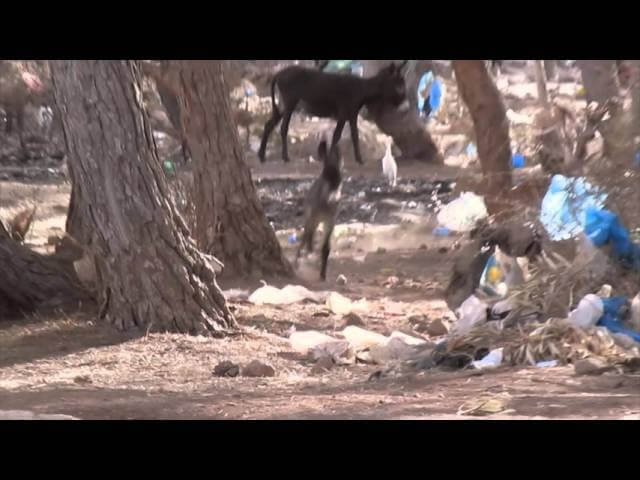Documentary film fest True/False 2016 featured memorable characters galore

Toward the end of the documentary Weiner, fiery former New York congressman Anthony Weiner is talking casually to the camera, while his long-suffering wife and erstwhile Hillary Clinton advisor Huma Abedin hovers in the back of the frame, occasionally glancing up at the film crew as though they were party guests who’d stayed too long. Weiner follows its subject’s 2013 mayoral campaign from start to finish, capturing his early success in the polls and the inevitable cratering after an old sexting scandal resurfaces. Throughout, co-directors Josh Kriegman and Elyse Steinberg have remarkable access to the politician, filming him at home, in the office, and out on the street. They catch uncomfortable interactions between husband and wife, and face-to-face confrontations between candidate and constituency. But when the filmmakers are still around after Weiner’s loss, Abedin looks understandably confused. Even Kriegman waits for a break in the conversation and then asks Weiner, “Why are you letting us film this?”
That’s a question that came up again and again this past weekend at the True/False Film Festival in Columbia, Missouri—and it’s one that the fest’s programmers encourage. True/False is primarily a showcase for documentaries, but as the name implies, the guiding idea is to look for films that blur the lines between fiction and nonfiction. The festival favors the arty and elliptical, manifested in work that compiles scenes of everyday life into character studies that have a literary quality. Weiner went over well at Sundance earlier this year, where it fit in nicely alongside that fest’s more straightforward, ripped-from-the-headlines docs. But it took on a different meaning at True/False, surrounded by dozens of other movies with a similar intimacy—achieved thanks to some incredible access.
In the beautiful Between Sisters, for example, director Manu Gerosa films his own mother over a period of several months, as she tries to coax an infirm older sister into spilling some old family secrets before it’s too late. Moritz Seibert and Estephan Wagner’s Those Who Jump assembles video footage shot by Abou Bakar Sidibé, a refugee trying to figure out a way to cross the border fence between the Moroccan mountains and a Spanish colonial city. Ido Haar’s Presenting Princess Shaw simultaneously follows the effort an amateur singer puts into her YouTube videos and what happens when an an Israeli remix artist transforms one of her clips into a viral sensation. Each one of these films can be unsettlingly obtrusive at times, though it’s hard to judge them too harshly for that, in our modern world where hours upon hours of internet video-diaries show people self-betraying their right to privacy.
I’ve been coming to True/False for three years now—driving up from my home in central Arkansas, through the Ozarks, through Branson, past the guns and ammo outlet stores of southern Missouri, and to a college town where this year the Bernie Sanders T-shirts and bumper stickers seemed to outnumber any other presidential candidate by dozens. Though True/False’s movies are meant to provoke, the event itself goes out of its way to make its guests comfortable. The screenings start later than at other festivals. The parties are more open to everybody. And the small slate of 40 or so movies play enough times over the course of four days that attendees can catch almost any one of them that they really want to see. The elaborately decorated theaters, the musicians who play before every screening, the pre-film spoken-word performances (a new addition this year), and the “secret screenings” of selected films all add to the experience of True/False as a world unto itself, tucked away inside someplace otherwise very different.
The programmers try to balance movies that appeal more to the cineaste crowd with movies that their grandmothers might enjoy. But generally speaking, there’s a “type” to what True/False shows. These docs embrace contradiction, both in form and content. They reveal the strings being pulled just outside the frame. Very few feature unambiguous heroes or villains, or are either wholly journalism or wholly artificial. Even Weiner keeps cutting to unusual angles to reveal the machinery of politics, always chugging away. And even a True/False entry as mainstream as the Discovery Channel documentary Sherpa sets out to right the longstanding wrong of mountain-climbing films, by shifting its focus to the Mount Everest-area natives who do all the work to prepare the trail for rich, adventurous tourists—and have begun to resent it. Nothing’s ever cut-and-dried at True/False.
 Keep scrolling for more great stories.
Keep scrolling for more great stories.
